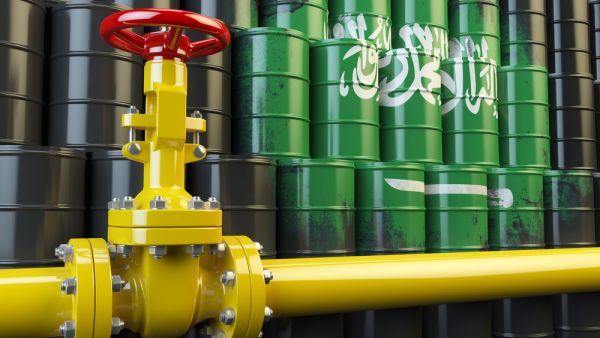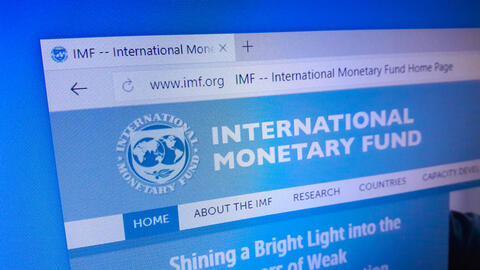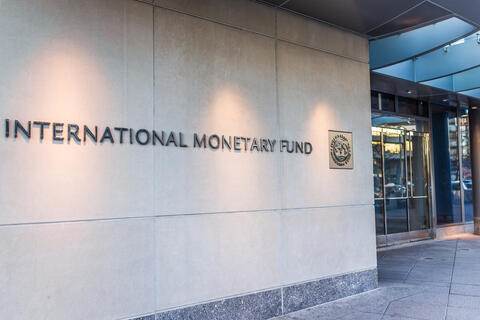International Monetary Fund (IMF) has projected that Saudi Arabia's non-oil GDP growth will hit 4.3 per cent this year and 3.6 per cent in 2022, thus reaffirmng the continued recovery of its economy and slowdown of inflation of Consumer Price Index (CPI).
On the current economic performance, IMF believes that the "Shareek" partnership programme will offer incentives through the tax system, access to credit, and regulatory reforms to encourage investment.
Moreover, they believe that the labour market reforms (cancellation of Kafala sponsorship system) will result in a more competitive labor market that is more attractive to higher skilled expatriates.
On the ongoing reforms to boost female employment, the staff project a continued rise in female labor force participation rates (increased by 13 percentage points to over 33 percent over the past two years.).
The staff also projected that the credit to the private sector will grow strongly, boosted by lending for housing and to SMEs.
The staff project the new social security law to be an important step to strengthen the framework for providing income support to the less well off.
The IMF staff indicated that the potential of renewable energy in Saudi Arabia is huge and that it will attract domestic and foreign private investors.
The staff welcomed the high-level announcement of the Saudi Climate Strategy and the commitment from the leadership of the country to reducing GHG emissions.
On public finance and transparency, the IMF staff confirmed that significant progress has been made recently to increase accountability and transparency in public procurement, including through "Etimad Platform."
They commended the impressive pace of capital market reforms to increase liquidity and depth to local equity and bond markets including giving greater access to foreign investors and introducing financial derivatives products.
The staff pointed out that the banking system liquidity is at very comfortable levels.
The Concluding Statement of the 2021 Article IV consultation touched on financial inclusion and fintech, indicating that the fintech sector in Saudi Arabia is maturing rapidly with support from Sama and the CMA.
The concluding statement pointed out that the peg remains the best exchange rate option, as Saudi has high reserves that are more than adequate to maintain the peg.
Minister of Finance Mohammed Al Jadaan said that the concluding statement highlighted the current and future indicators of the Saudi economy and that it succeeded in overcoming many of the obstacles and challenges that the world underwent this year and last year.
This contributed to achieving the financial sustainability that enhanced the economy's robustness and strength.
He stressed the instrumental role of the economic and structural reforms that the Saudi government implemented under the Saudi Vision 2030 and the effect they had in achieving a sustainable and comprehensive economy.










